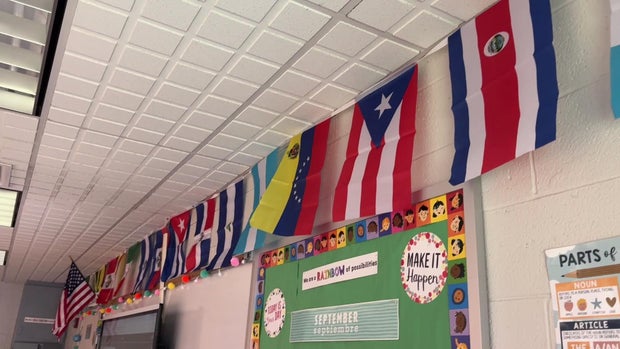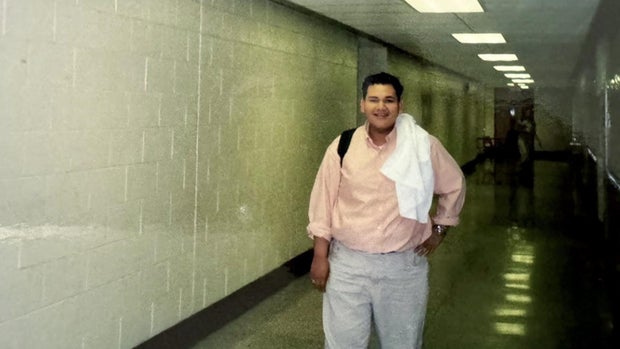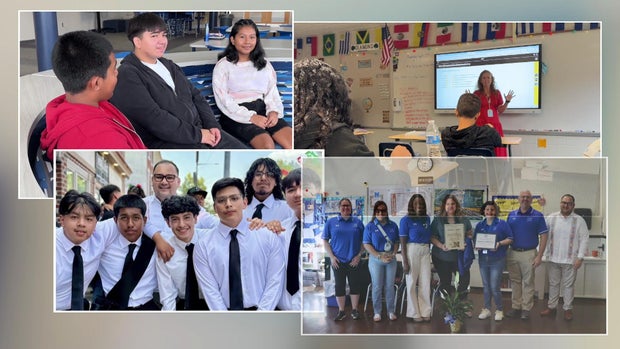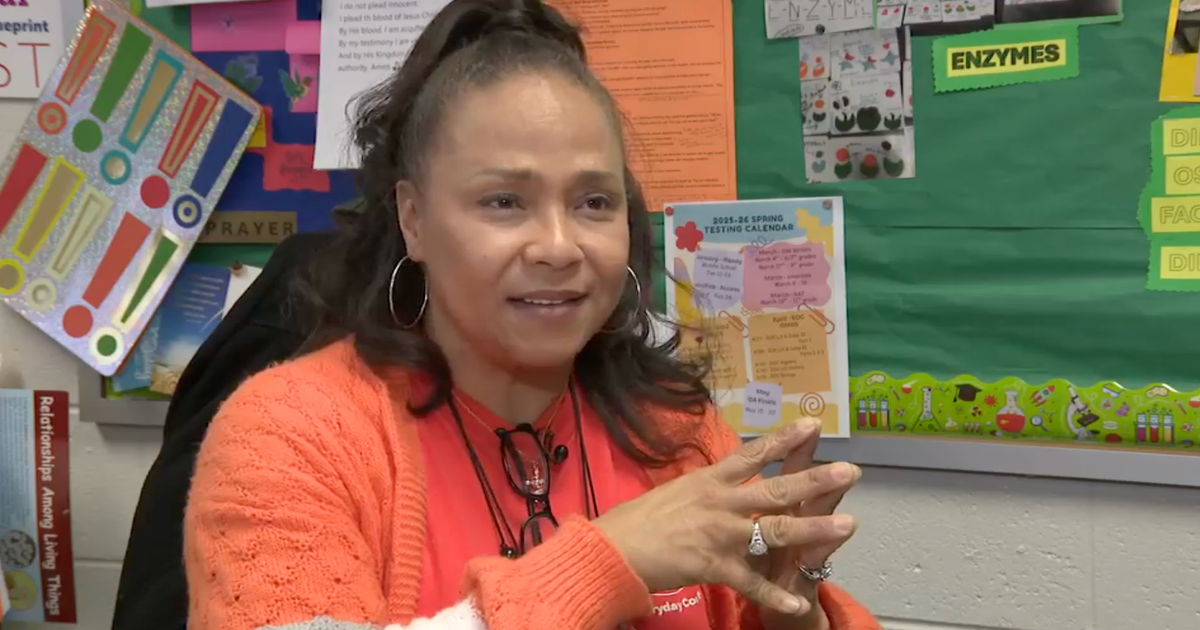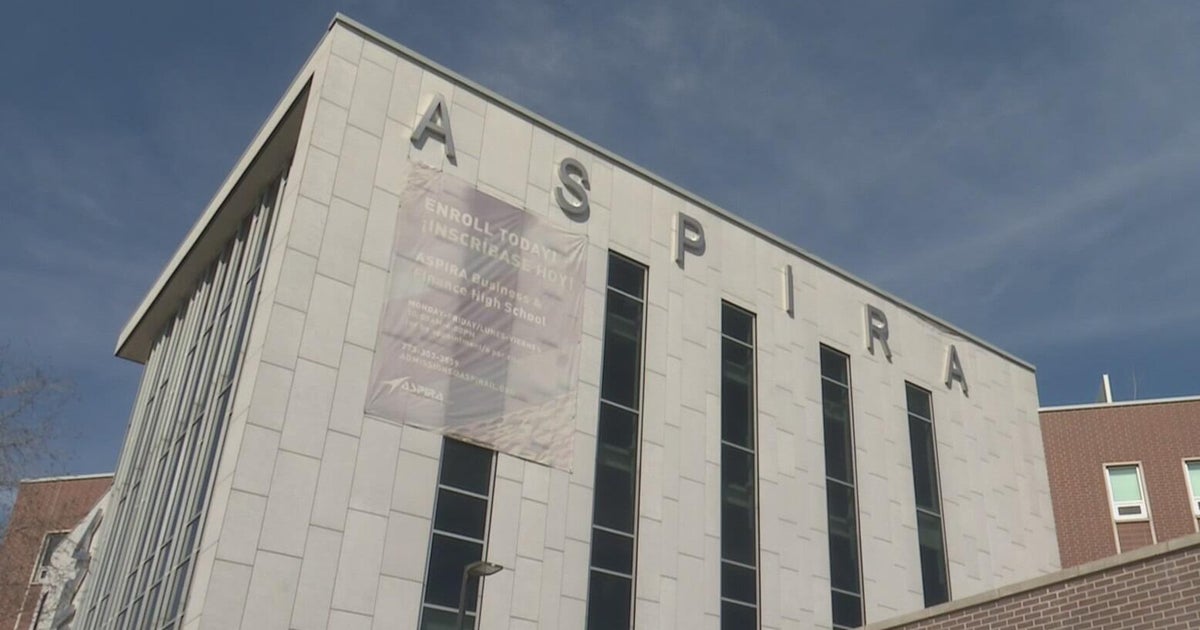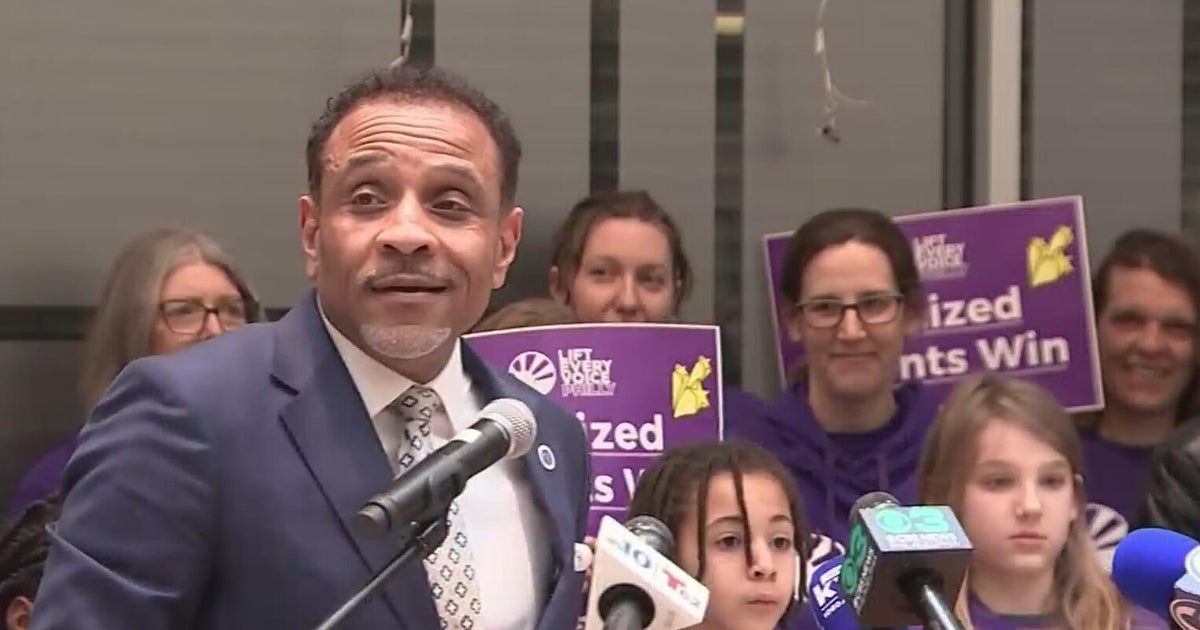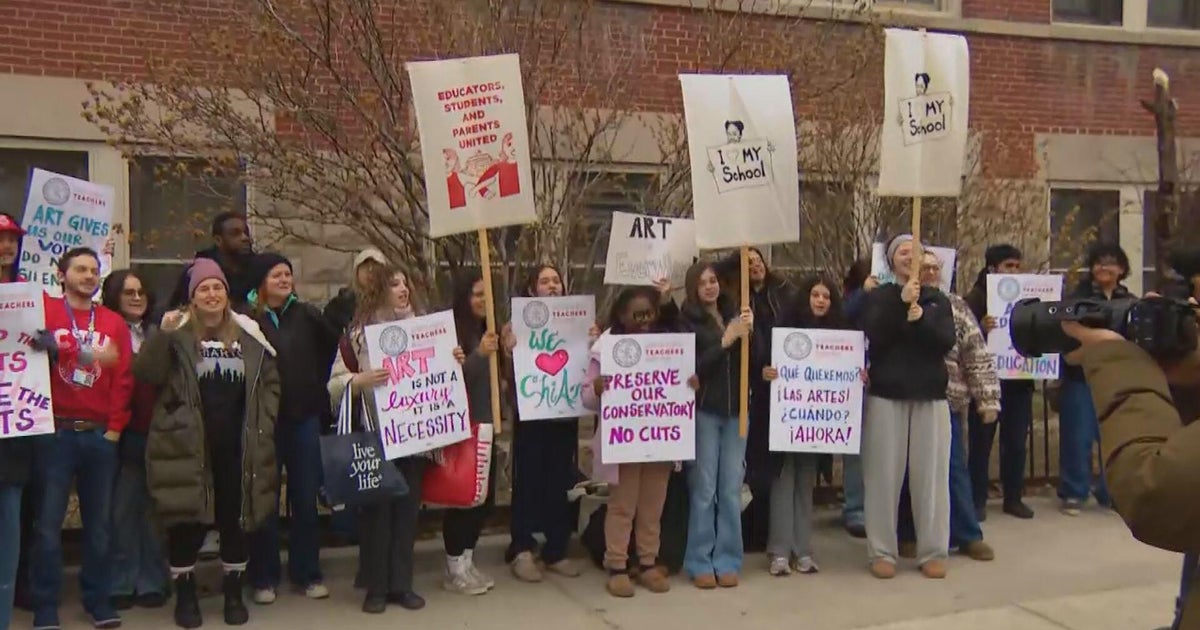Pennsylvania school district offers new support for multilingual learners to set them up for success
History is taking place in Norristown, Pennsylvania, where an unprecedented number of students are multilingual learners. That's because the majority of these students are Latino.
This has led educators to reassess how they connect with the children.
Inside this English language development class, flags from across the world line the walls as students navigate new lessons.
"When you start to learn English, you can get comfortable with school, can learn more things," said seventh grader Ximena Vazquez Lorenzo.
Lorenzo has been learning English for the past couple of years after moving from Mexico. She's one of more than 3,400 Spanish-speaking students in the Norristown Area School District in Montgomery County.
"In the past five years, we've seen about a 60% increase in our multilingual students who have come to the district. It's been a great thing for us, but we've also had to make a lot of changes," said Dr. Kristin Larsen, supervisor of English language development.
Some of those changes include: strengthening their English language development program, hiring more multilingual teachers and expanding their newcomer program for students in their first year of living in the U.S.
"We know that we have undocumented families in our buildings, and the question is how do we support them?" said Mr. Julio Nuñez, principal of the Roosevelt campus of the Norristown Area High School.
For Nuñez, this issue of providing resources to immigrant families hits close to home.
"I graduated from Norristown Area High School many moons ago," Nuñez said. "And coming back here now as an educator is really an honor."
Nuñez is now the principal at the same school where his teachers helped him learn English after moving from Mexico at 15 years old.
"I came here as an undocumented immigrant, student, and just like you heard from our students, it is difficult without the language and without understanding where to go and who to ask for help," he said. "So, having someone that they can go to is so important."
Alexander Armas and his family now work with Spanish-speaking community liaisons to help parents navigate the district.
"I think just having that extra sort of support toward us, it really helps out families to get a feel for the school," Armas said.
"Chances are you are going to find someone who can interpret for you, who can translate for you," Nuñez said. "And that is a big difference. It is the difference between students graduating or not. Really, it's that significant."
And it doesn't stop at graduation. For the first time this year, 25 students will be graduating with the "PA Seal of Biliteracy," allowing employers and universities to identify those who are bilingual.
"That's something we know helping [them] hold onto their heritage and culture," Nuñez said. "Really lets them know that not only is it OK to hold onto those things, but it is praised and encouraged."
It's recognition that's going beyond just the classroom.
